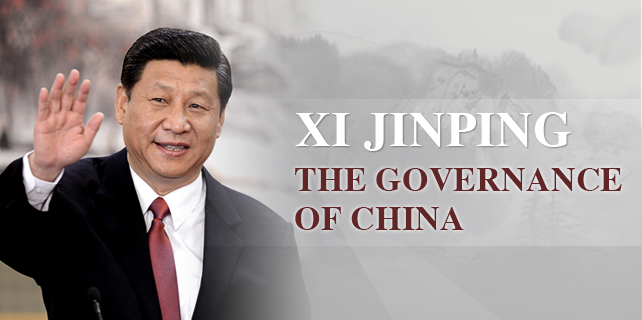Supervision of outbound investment must be maintained to plug loopholes
BEIJING - Chinese authorities should keep up their stringent supervision of irrational or illegal outbound investment as the pressure of transborder capital flow remains.
China's non-financial outbound direct investment has cooled, down 52.8 percent year on year in the first two months, thanks to increasingly rational market players and guidance by relevant government departments.
However, as the foundation for a stabilizing Chinese economy is still not solid, the pressure of transborder capital flow remains. That is why authenticity checks on outbound investment should not be relaxed.
Last year, China's outbound direct investment surged over 40 percent from a year earlier, the result of an increasingly globalized Chinese economy and also stemming from some irrational or illegal acts.
A recent report released by China's foreign exchange regulator unveiled some cases in which companies had illegally transferred assets overseas under the guise of outbound investment.
Some newly established firms, which had produced nothing, were providing large sums of outbound investment. Some heavily indebted companies borrowed more to acquire companies overseas. These are just a few of the examples listed by the State Administration of Foreign Exchange.
Acts like these must be prohibited.
Irrational speculation, illegal transfer of assets, and fake transactions all disrupt China's foreign exchange and financial markets, causing state-owned asset losses and hurting national interests.
The decisive moves taken by the National Development and Reform Commission, the Ministry of Commerce, the central bank and the foreign exchange regulator in November of 2016, including authenticity checks, have blocked the door for those firms and individuals that wish to illegally transfer assets overseas.
This may be how rumors of outbound investment being reined in by Chinese authorities were cooked up.
China, as reiterated by the authorities, will stick to its opening up policy and "going out" strategy for investment.
Outbound investment has grown rapidly in recent years and played an important role in deepening mutually beneficial cooperation between China and other countries as well as promoting domestic economic restructuring.
Instead of targeting normal and legal outbound investment, the tightened rules are designed to plug the loopholes that exist in enforcing the current regulations.
The four departments should closely work together, making all efforts to recover the funds that have been illegally transferred overseas and bringing those who dare to break the laws and regulations to justice.









